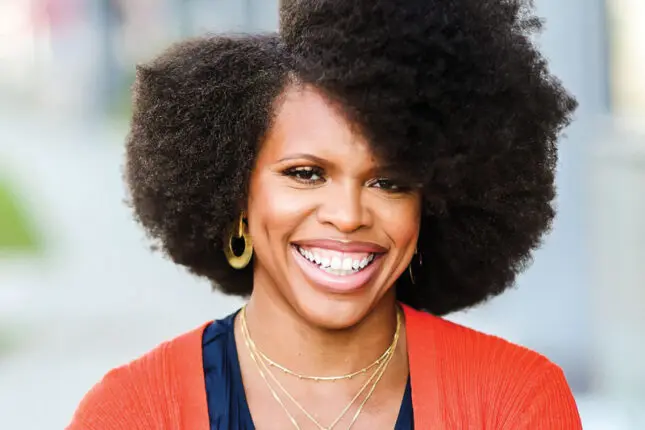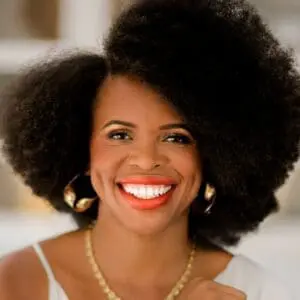Surprisingly, I was hesitant to embrace social media at first. I’d heard all the stories—clients talking about online arguments, blocking loved ones, feeling left out or overwhelmed. It didn’t sound like a space I wanted to be in. I dabbled here and there but never fully committed. For years, I didn’t have any social media apps on my phone and didn’t consider it part of my daily life.
I stumbled upon Instagram in the early 2010s and thought it was just a photo-editing app. I’d spend time tweaking images—editing and re-editing—without realizing it was also a platform to share content and connect. It wasn’t until a friend mentioned its broader potential that I created a public personal account.
At first, I didn’t use it much. But around 2017, I really started to pay attention to what clients were doing while waiting for their sessions: scrolling. I was trying to grow my group therapy practice at the time, so I decided to begin posting content. I didn’t fully understand all the features then and still don’t. My formula was to keep it simple: words I say to clients, placed on a plain background.
To my surprise, many of those words resonated well beyond the therapy room. I was featured in a New York Times article, “Instagram Therapists Are the New Instagram Poets,” and within months, my following grew from a few hundred to 100,000. Soon after, I published my first book, Set Boundaries, Find Peace, followed by Drama Free.
In the end, social media has given me a space to be more direct about what I think and see than I may be in sessions with clients, and that honesty isn’t always received well. I’ve gotten pushback in comments and DMs, like when I posted “Reasons Why Someone Might Ghost.” Some people were upset, thinking I was condoning the behavior when I was simply naming something many of us have done, myself included. After all, understanding why something painful happens can be more healing than pretending it doesn’t.
Beyond being a tool to humanize uncomfortable experiences, share insight, and stay connected to my community, social media has also helped me understand people more deeply. I read the long DMs people send—even the ones that begin, “You probably won’t see this.” I may not always reply, but I see them.
Sure, I still struggle with social media. I’m quick to block mean or harmful messages. I post a lot, then I remove Instagram from my phone to take a break. But for me, the value of social media lies in its potential to share joy, spark learning, and build community, and that’s where I try to keep my energy focused.
Nedra Glover Tawwab
Nedra Glover Tawwab is a New York Times bestselling author, licensed therapist, and sought-after relationship expert. She has practiced relationship therapy for 14 years and is the founder and owner of the group therapy practice, Kaleidoscope Counseling. Every day she helps people create healthy relationships by teaching them how to implement boundaries. Her philosophy is that a lack of boundaries and assertiveness underlie most relationship issues, and her gift is helping people create healthy relationships with themselves and others. Learn more on her website.













